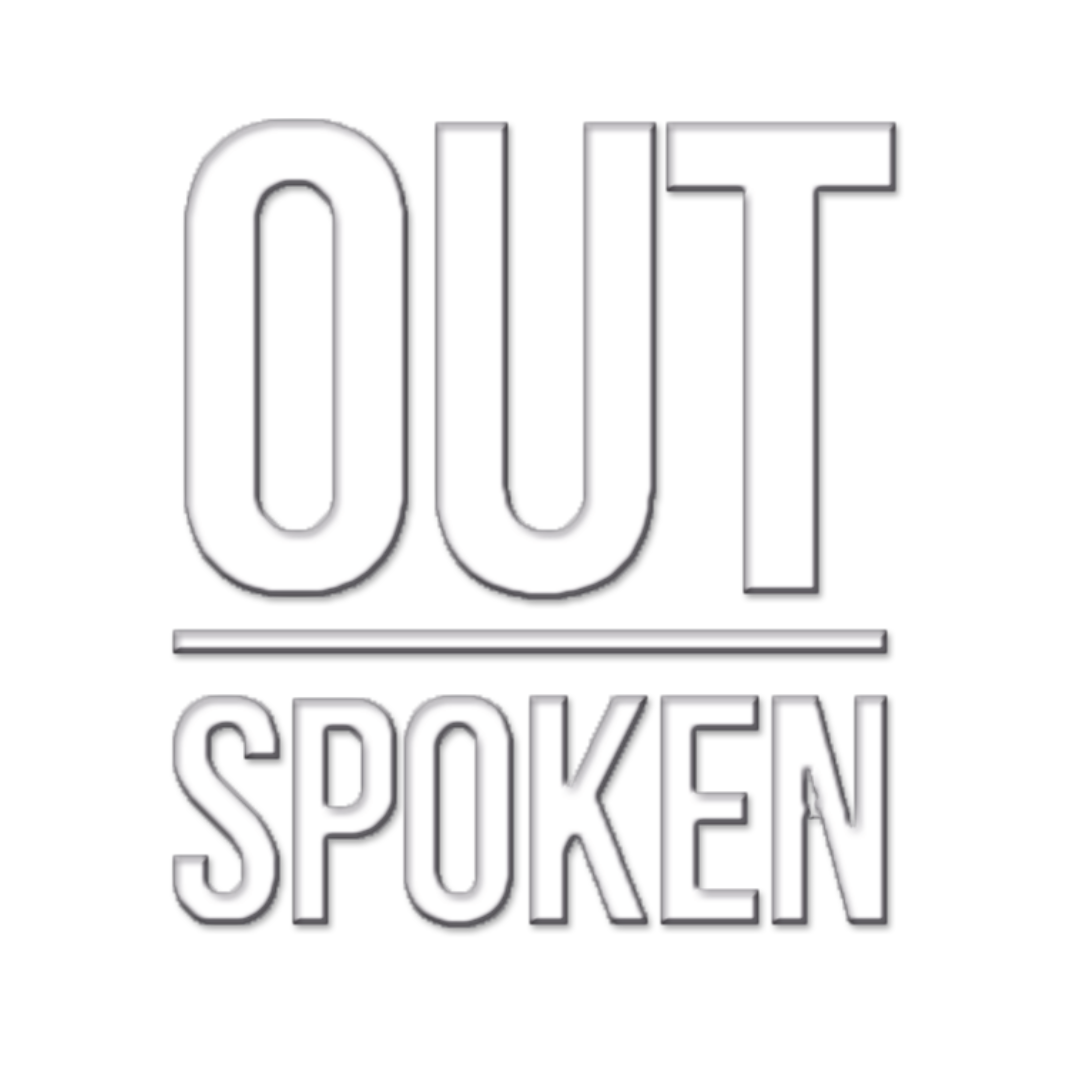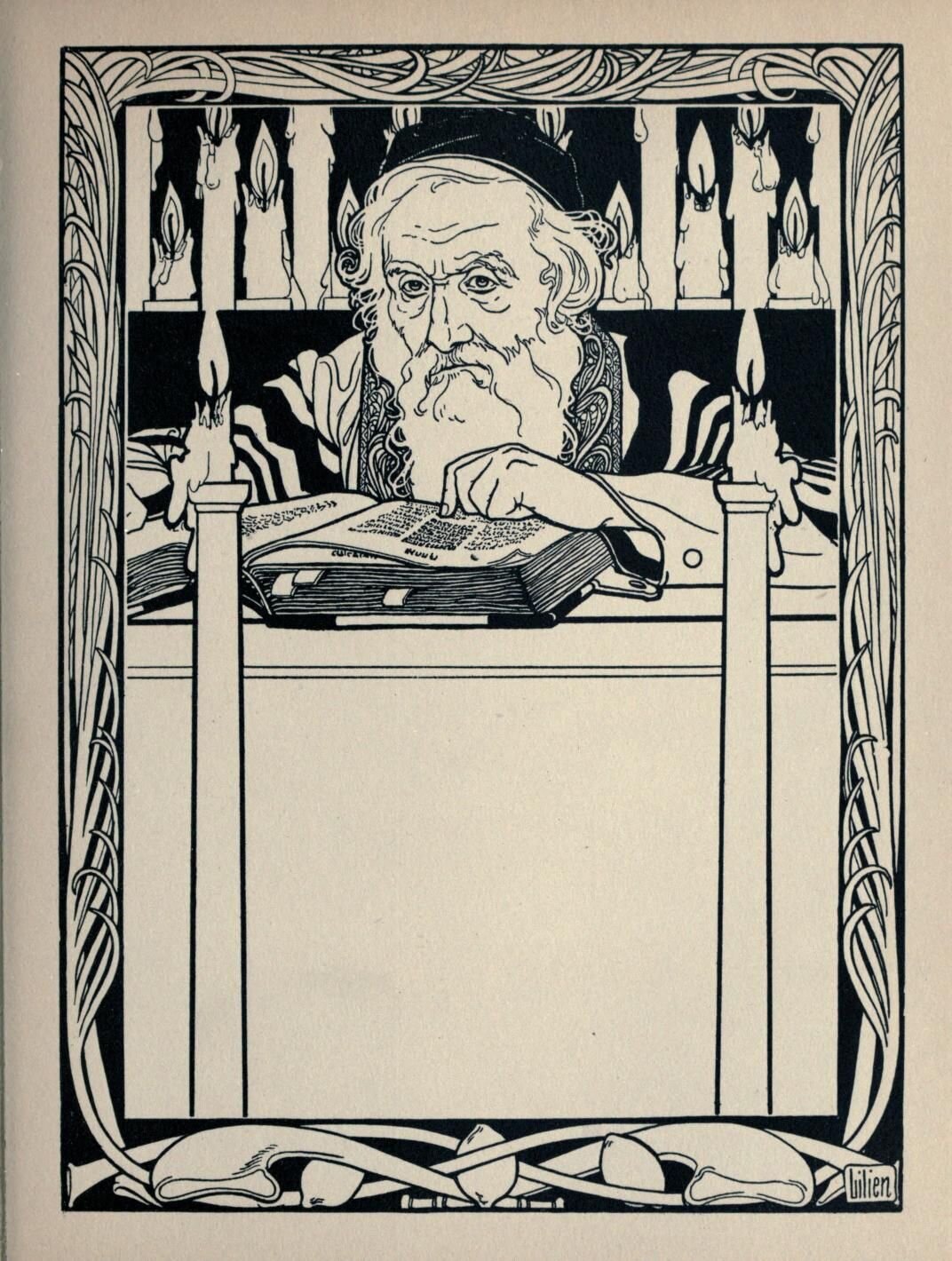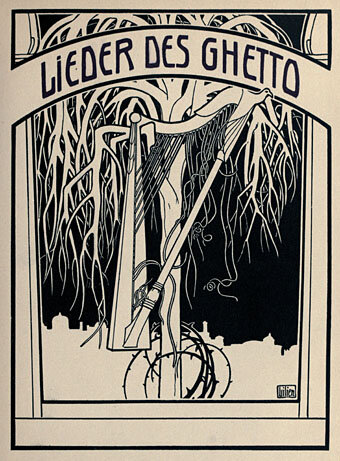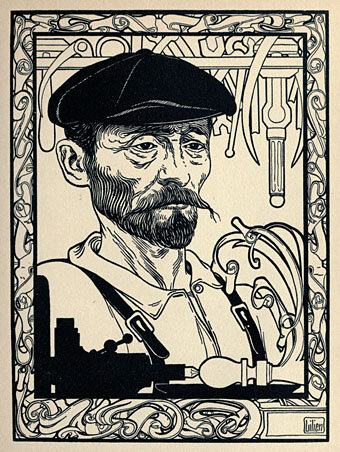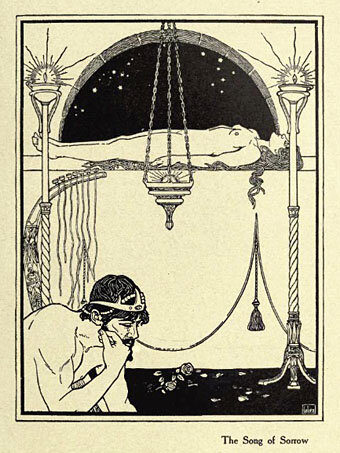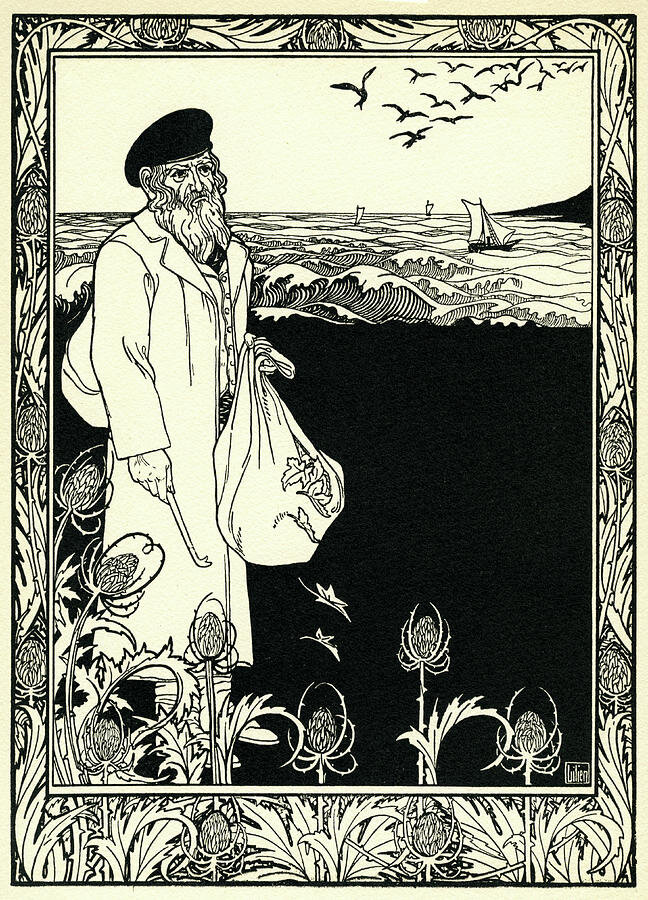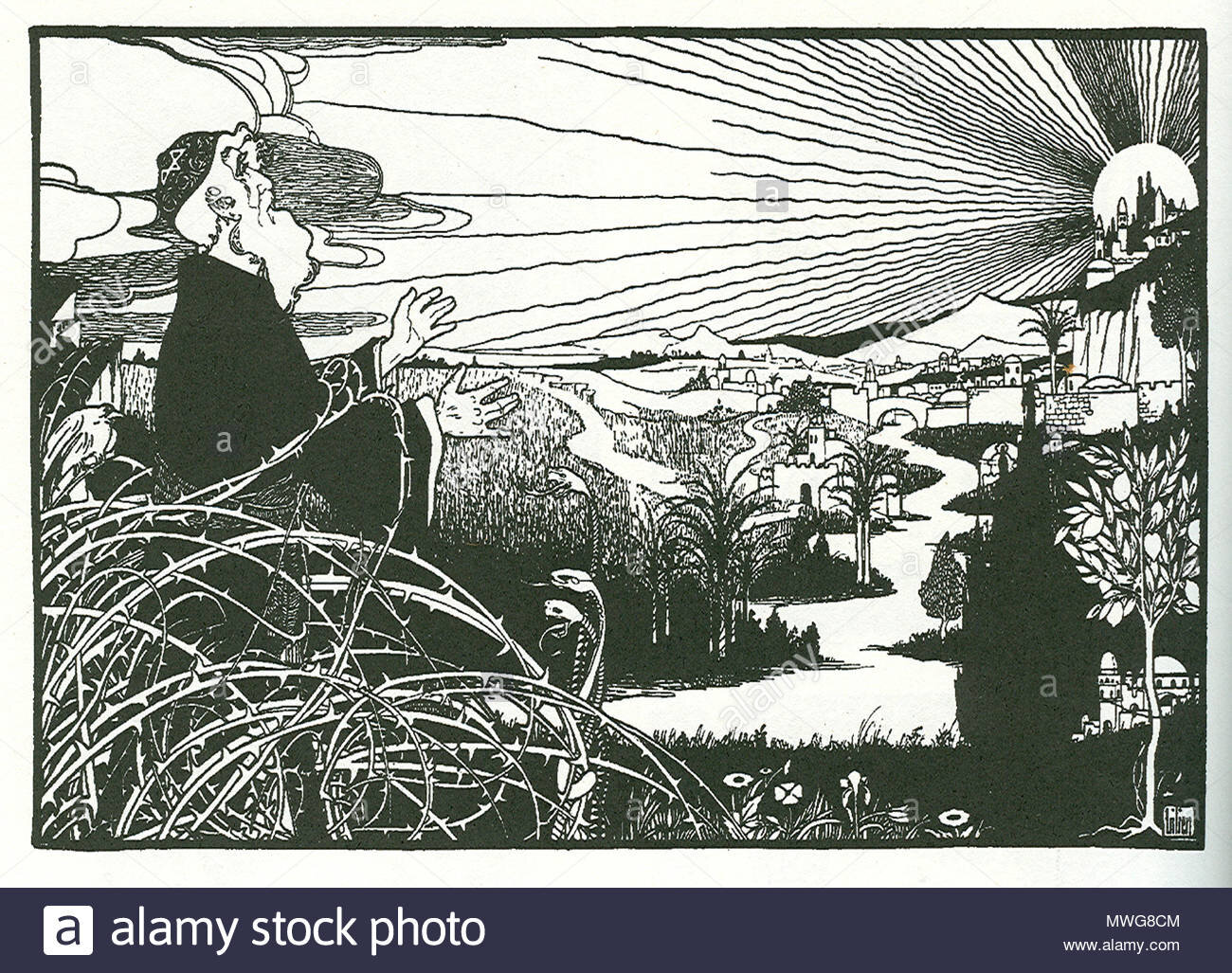“a pamphlet with the heart of an epic” — Joelle Taylor
We’re absolutely delighted to celebrate the launch of our latest title, flinch & air by Laura Jane Lee, with an international zoom launch, hosted by Out-Spoken Press Editor Joelle Taylor and featuring poetry from Sarah Fletcher, Alice Frecknall, Will Harris and Laura Jane.
Thank you so much to everyone who was able to join us live, and for those of you who weren’t able to make a mid-day reading, we’re sharing a recording of the event for playback for a limited period of one week. We hope you enjoy!
[this video is no longer available to view]
flinch & air is available to order from our web shop here and, as an ebook in mobi and ePub formats.
Laura Jane will be appearing at NTU Unmasked on Sunday 19 September (details here) and alongside Natalie Linh Bolderston, Cheng Tim Tim and Sarah Howe on 28 September as part of the Poetics of Home Festival (details and tickets here.)
